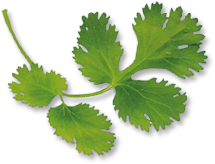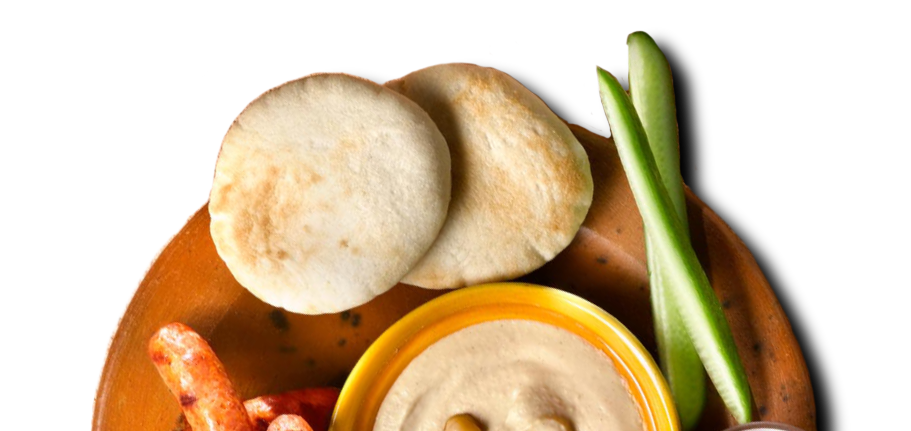
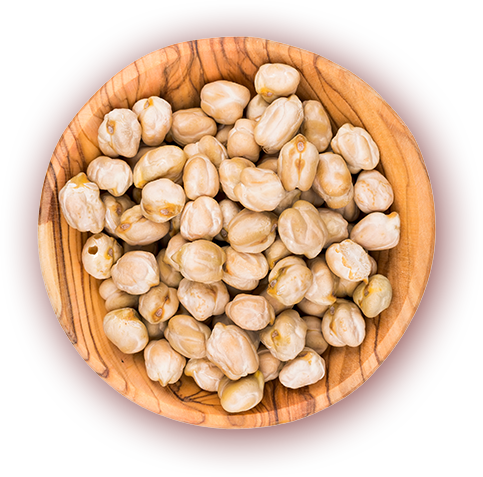
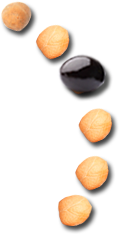
Chickpeas
The chickpea is one of the oldest crops in the world and first appeared in Anatolia. From there it reached the entire Mediterranean to Africa and Asia. According to archaeologists, it has been around since 7000 BC. cultured.
Chickpeas are a staple food in many countries. Not surprisingly, they contain fiber and resistant starch, which are beneficial for gut health, and are also rich in vegetable protein, vitamins and minerals but low in fat and cholesterol.
Did you know that eating legumes on a regular basis can help control diabetes and reduce the risk of cardiovascular and cancers? In addition, we can only recommend you chickpeas with a diet, because they provide a long-lasting satiety.
The most important nutrients of chickpeas:
Manganese, copper, folic acid, vitamin B9, phosphorus, iron, zinc, magnesium, potassium, selenium, lysine, vitamins B1, B2, B6.
Sesame
Did you know? Sesame belongs – just like flax and poppy seeds – to the so-called oilseeds and thus to the oldest crops in the world. Sesame has been valued for several thousand years because of its nutritious properties. Therefore, it has traditionally also been used frequently for ritual and therapeutic purposes. Sesame seeds have already been found in the tomb of the Egyptian pharaoh Tutankhamun.
Interestingly, we also found that the women in ancient Babylon ate sweets made from sesame seeds and honey to maintain their fertility and sexual health. In China and the ancient Orient, sesame was life-prolonging and spirit-strengthening food.
In Ayurvedic medicine sesame oil is also used externally because of its high content of various antioxidants in skin diseases.
The most important nutrients in sesame:
Calcium, copper, iron, zinc, magnesium, thiamine (vitamin B1), phosphorus, vitamin B6, niacin, selenium, folic acid, potassium, riboflavin (vitamin B2), fiber, unsaturated fatty acids
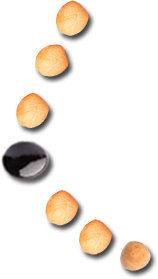
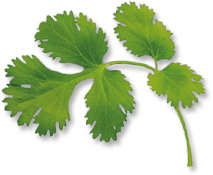
Coriander
Coriander has been around since 5000 BC. used as a spice and medicinal plant. Presumably, the plant originates from the Mediterranean region. In the 17th century it had reached northern Europe and was spread by European settlers in North America. Today you can find coriander all over the world.
The essential oils in coriander have an appetite-stimulating, digestive and antispasmodic effect. Coriander is included in many medications for gastrointestinal complaints. In Ayurveda and traditional Chinese medicine, coriander is recommended for digestive problems. The high content of antioxidants in cilantro green also has a generally strengthening effect on the immune system and can help you combat colds and inflammation.
